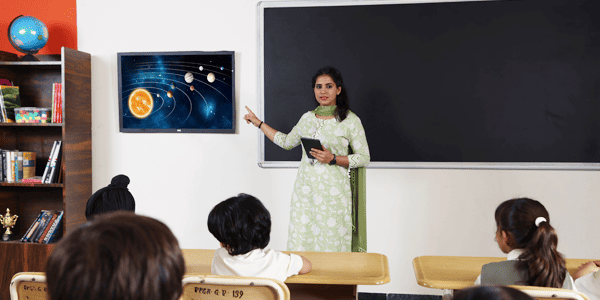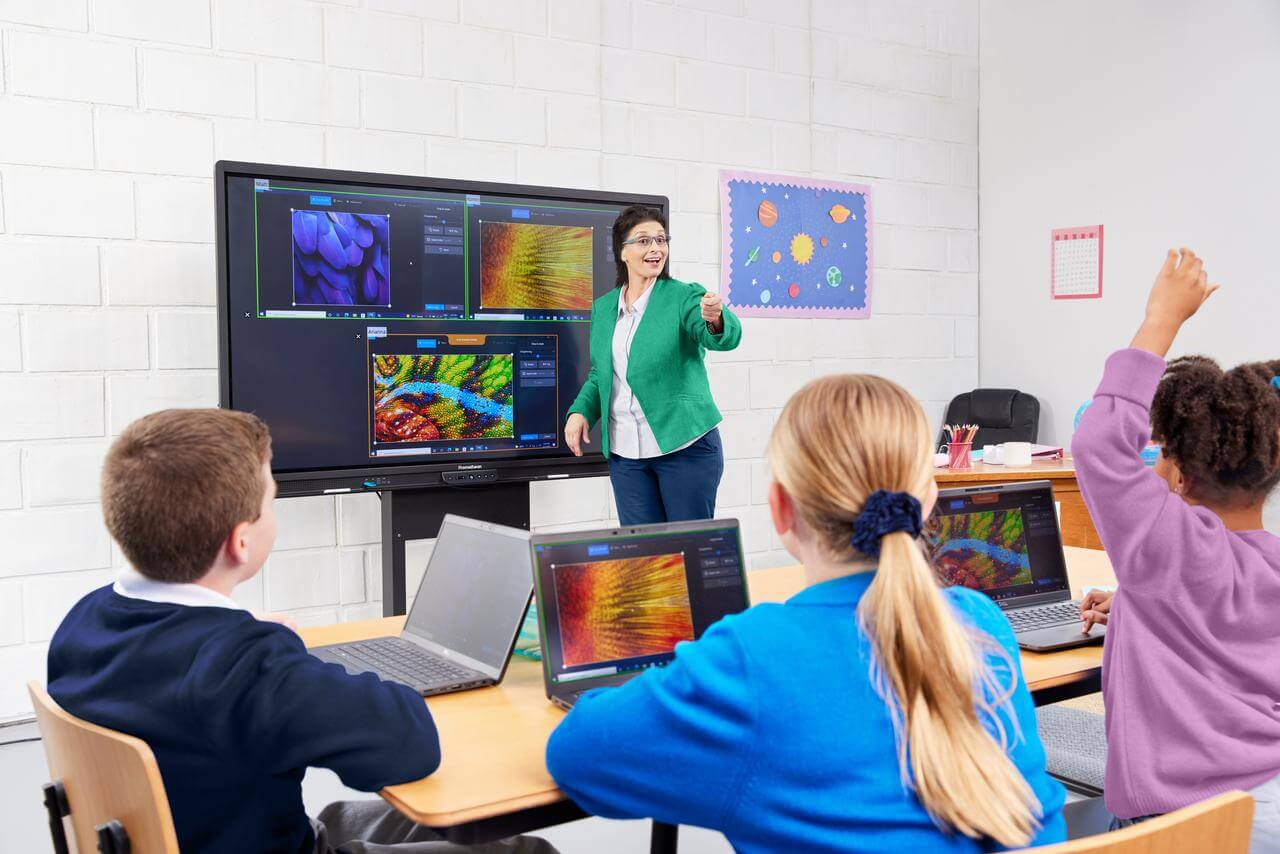Expert Tutors Offering Primary Science Tuition Singapore for All Grades
Expert Tutors Offering Primary Science Tuition Singapore for All Grades
Blog Article
Exploring the Different Teaching Methods in Main Science Education Today
Inquiry-based discovering, hands-on experiments, and the combination of modern technology are redefining exactly how educators engage young minds. In addition, joint strategies and differentiated direction are being used to provide to the diverse needs of pupils, boosting both engagement and understanding.
Inquiry-Based Learning
Inquiry-Based Learning (IBL) is an instructional approach that motivates pupils to discover clinical ideas via questioning, investigation, and hands-on trial and error. This method stresses the function of pupils as active individuals in their knowing, promoting critical thinking and analytic abilities. By involving with real-world concerns, students come to be curious and motivated, which improves their understanding of clinical concepts.
In IBL, educators function as facilitators, guiding trainees as they browse their inquiries instead of delivering info straight. This student-centered technique permits distinction, fitting numerous finding out designs and paces. Students establish skills in formulating theories, making experiments, and examining data, which are critical for clinical literacy.
Additionally, IBL fosters partnership amongst pupils, urging them to share concepts and findings. This collective questions promotes social abilities and a feeling of community within the class. The procedure of questions motivates strength, as students discover to welcome failing as a tipping stone towards understanding.
Hands-On Experiments
Hands-on experiments are a crucial part of reliable scientific research education and learning, enhancing the principles of inquiry-based knowing. These experiments enable pupils to involve straight with clinical ideas, promoting a deeper understanding via experiential knowing. By manipulating products and observing end results, young learners can grasp abstract theories in tangible methods.
Such activities advertise vital reasoning and problem-solving skills, as students hypothesize end results, conduct experiments, and assess outcomes. This procedure urges them to ask concerns, improve their understanding, and create a clinical way of thinking. In addition, hands-on experiments can be tailored to varied knowing designs, making sure that all pupils have the chance to involve meaningfully with the web content.
In addition, hands-on experiments typically motivate collaboration among peers, advertising synergy and interaction skills. Working in groups allows pupils to share ideas, review searchings for, and pick up from one an additional, which boosts their overall academic experience.
Incorporating hands-on experiments right into the main scientific research educational program not only enhances the finding out setting yet additionally cultivates a lifelong interest in science. By proactively joining their education and learning, pupils are most likely to develop an interest for scientific inquiry that extends past the class.

Modern Technology Assimilation
Integrating modern technology into main science education has become increasingly crucial in promoting student interaction and enhancing finding out end results. Using digital devices, such as interactive simulations, online laboratories, and educational software program, gives trainees with chances to explore clinical ideas in ingenious ways. These resources assist in a deeper understanding of complicated topics by permitting students to picture and adjust variables that would be not practical in a standard class setting.
Furthermore, modern technology assimilation encourages personalized discovering experiences. Students can proceed at their own rate, revisiting tough principles via multimedia resources, which accommodate various understanding styles. This versatility not just supports individual development but additionally cultivates a sense of autonomy in students.
In addition, modern technology offers as a bridge to real-world scientific research, linking pupils with present study and specialist contributions. Access to clinical journals and on-line data sources expands pupils' point of views on scientific query and fosters critical assuming abilities.
Collaborative Discovering
Collaborative discovering plays a crucial function in main scientific research education and learning by fostering teamwork and interaction skills among trainees. This technique motivates learners to interact, share knowledge, and participate in problem-solving, which improves their understanding of scientific ideas. By getting involved in team tasks, students find out to verbalize their concepts, listen to diverse perspectives, and work out solutions, every one of which are necessary skills in both scholastic and real-world contexts.

Research study indicates that collective understanding can lead to increased inspiration and engagement in science subjects, as trainees find satisfaction in shared like it experiences (primary science tuition Singapore). In addition, this approach prepares pupils for future collective undertakings, outfitting them with the skills necessary for reliable synergy in greater education and professional settings. Inevitably, welcoming collective knowing in key science education can considerably enrich the learning experience and advertise a deeper understanding of scientific inquiry
Set Apart Guideline

Separated guideline can materialize in various means, such as differing the web content, processes, or items of discovering. Instructors might use tiered projects that offer differing levels of intricacy, permitting pupils to function at their corresponding preparedness degrees. Additionally, versatile grouping methods can promote collaboration amongst trainees with different capabilities, fostering peer knowing.
Evaluation plays a critical duty in this method, as it informs guideline and assists instructors comprehend each student's unique needs. Formative evaluations, such as observations and quizzes, can lead educators in readjusting their strategies to boost learning results. primary science tuition Singapore. Ultimately, by carrying out differentiated instruction in primary scientific research education and learning, educators can grow an extra equitable and effective knowing setting, equipping all students to reach their full capacity in understanding scientific phenomena
Final Thought
In recap, the varied teaching approaches in key scientific research education, consisting of inquiry-based learning, hands-on this content experiments, technology assimilation, joint discovering, and distinguished instruction, jointly add to an extra efficient discovering setting. These techniques promote crucial reasoning, analytic skills, and a deeper comprehension of scientific concepts. By carrying out these techniques, educators can develop appealing and encouraging class that resolve the diverse needs of trainees, eventually promoting a long-lasting interest in scientific research and improving academic achievement.
Inquiry-Based Discovering (IBL) is a pedagogical strategy that motivates pupils to check out clinical principles through questioning, investigation, and hands-on testing.Collective learning plays an essential role in main scientific research education by promoting team effort and communication abilities among students.Research suggests that collaborative learning can lead to increased inspiration and engagement in scientific research subjects, as trainees find satisfaction in common experiences.In fostering an inclusive understanding environment, distinguished guideline arises as a vital method to fit the diverse needs and capacities of students in main science education and learning. Eventually, by executing set apart instruction in main science education and learning, educators can cultivate a more equitable and reliable understanding atmosphere, empowering all trainees to reach their complete capacity in understanding clinical phenomena.
Report this page